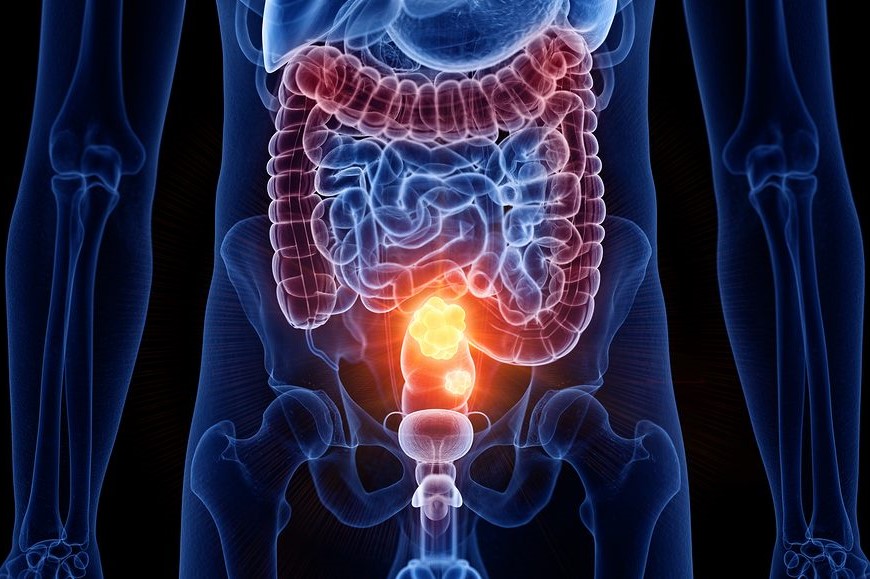
Colorectal resection: in which cases the removal of a colon tract is necessary
Colon resection involves the removal of a longer or shorter segment of the intestine, depending on the site of the lesion and its nature (diverticula, benign tumour, malignant tumour, localised or diffuse inflammatory disease)
However, the limits of resection are generally constant, as they are defined by the vascularisation of the colon itself
By ligating the arteries and tributary veins of the section of the colon affected by the disease, it is necessary to remove the entire segment that remains deprived of the blood supply.
In addition, sections of the colon made for neoplasms must be performed at an appropriate distance, leaving an adequate margin of healthy tissue, and at the same time remove the lymph glands that drain the lymph from the affected segment.
After removing the segment of the colon that is the site of the lesion, the continuity of the digestive tract is restored by suturing the two dissected ends together.
An increasingly popular surgical strategy in the treatment of colorectal diseases is the minimally invasive approach.
Today, the resection of a portion of the colon can be performed laparoscopically with the same effectiveness and safety as the open abdomen technique
The minimally invasive procedure, although complex, is now to be considered standardised and is commonly used in reference centres that have acquired special experience in this field.
At present, it can be said that the same results in terms of oncological radicality can be obtained with laparoscopic surgery for the specific treatment of colo-rectal tumours, with advantages for the patient, above all for the postoperative course.
In fact, a more rapid recovery of intestinal functions and therefore of nutrition has been demonstrated.
This translates into greater comfort for the patient and a reduction in the time needed to return to one’s own habits once at home.
Read Also:
Emergency Live Even More…Live: Download The New Free App Of Your Newspaper For IOS And Android
Ulcerative Colitis: What Are The Typical Symptoms Of The Intestinal Disease?
Wales’ Bowel Surgery Death Rate ‘Higher Than Expected’
Irritable Bowel Syndrome (IBS): A Benign Condition To Keep Under Control
Intestinal Infections: How Is Dientamoeba Fragilis Infection Contracted?
Study Finds Link Between Colon Cancer And Antibiotic Use
Colonoscopy: More Effective And Sustainable With Artificial Intelligence


